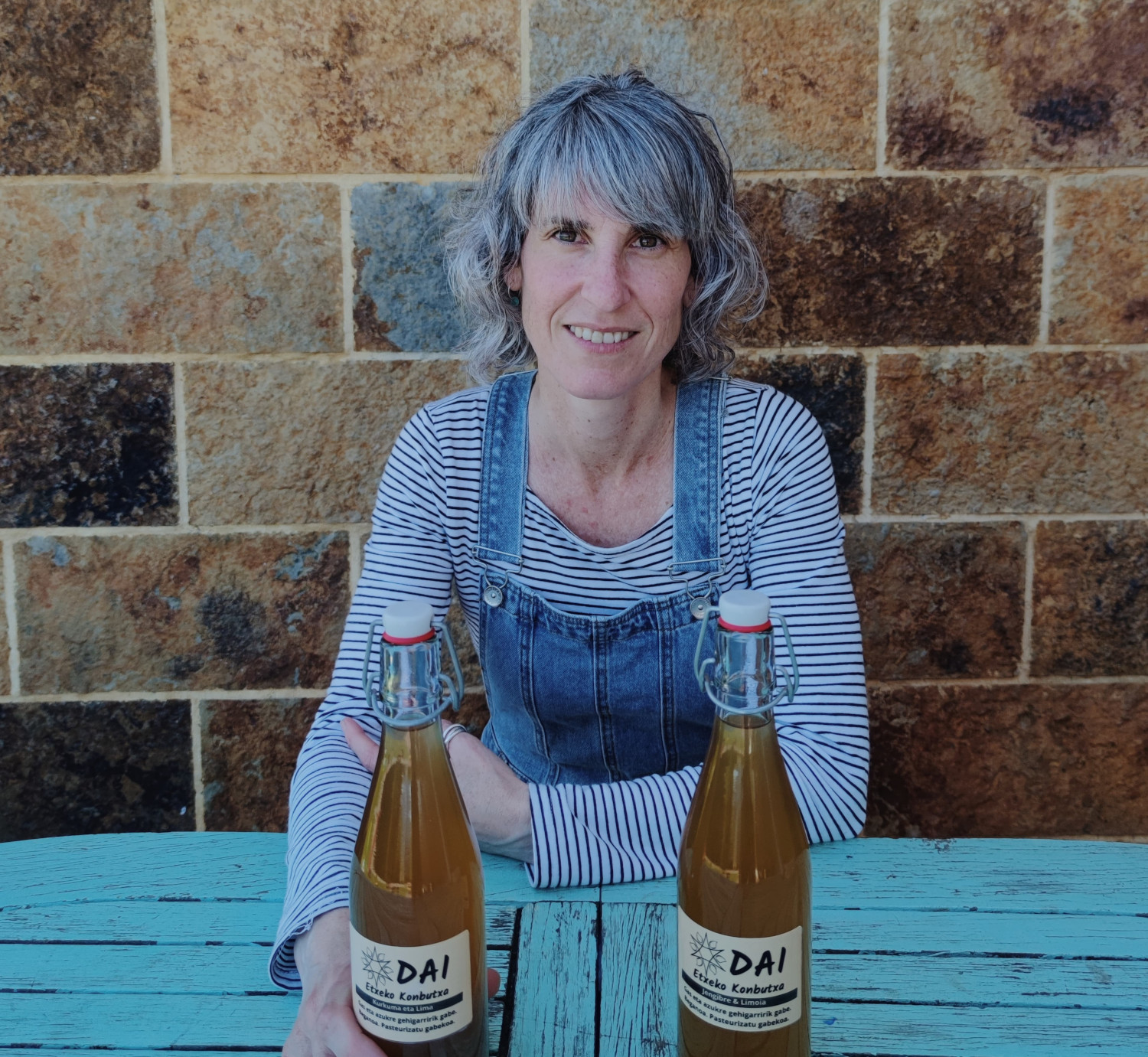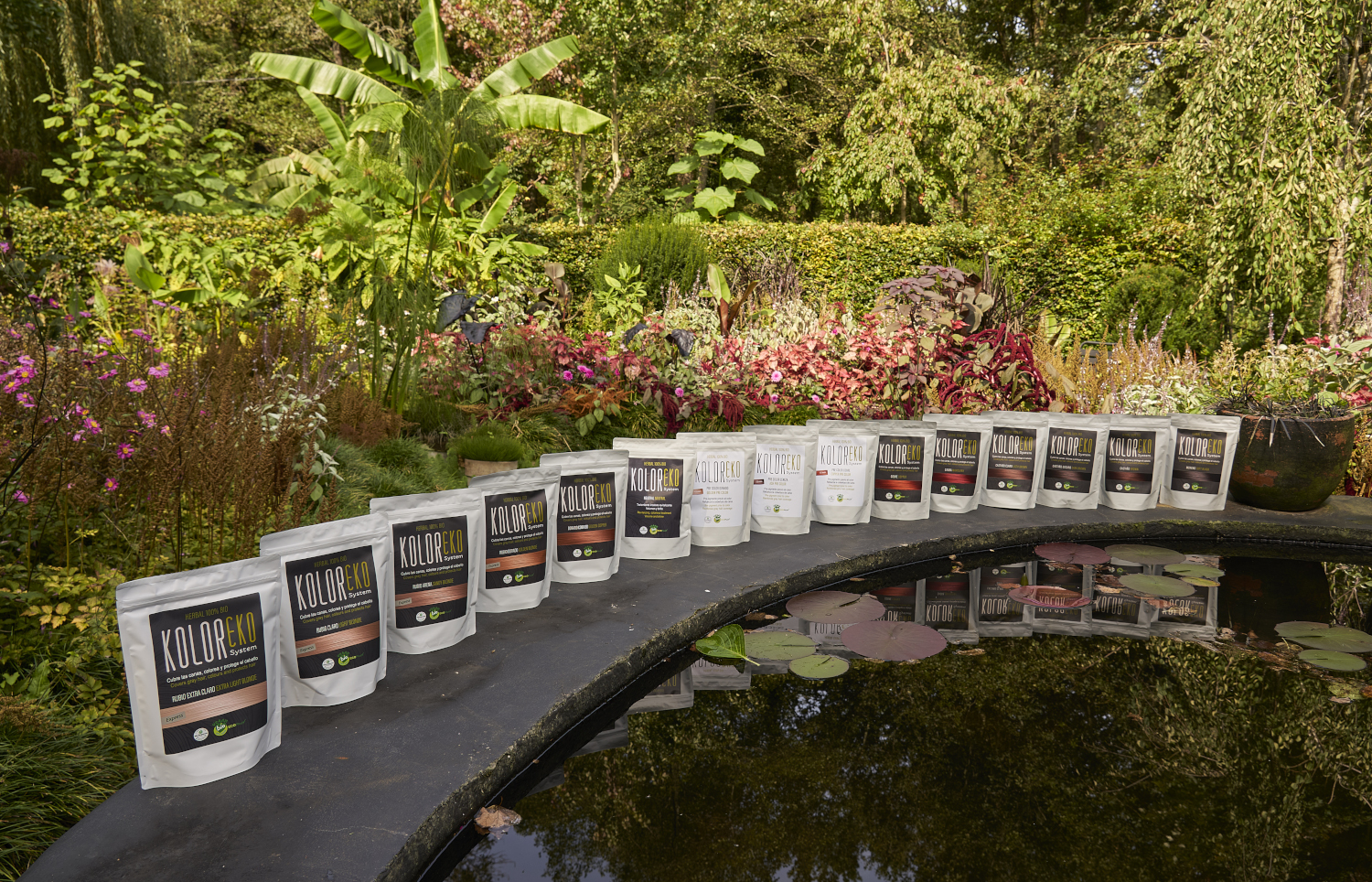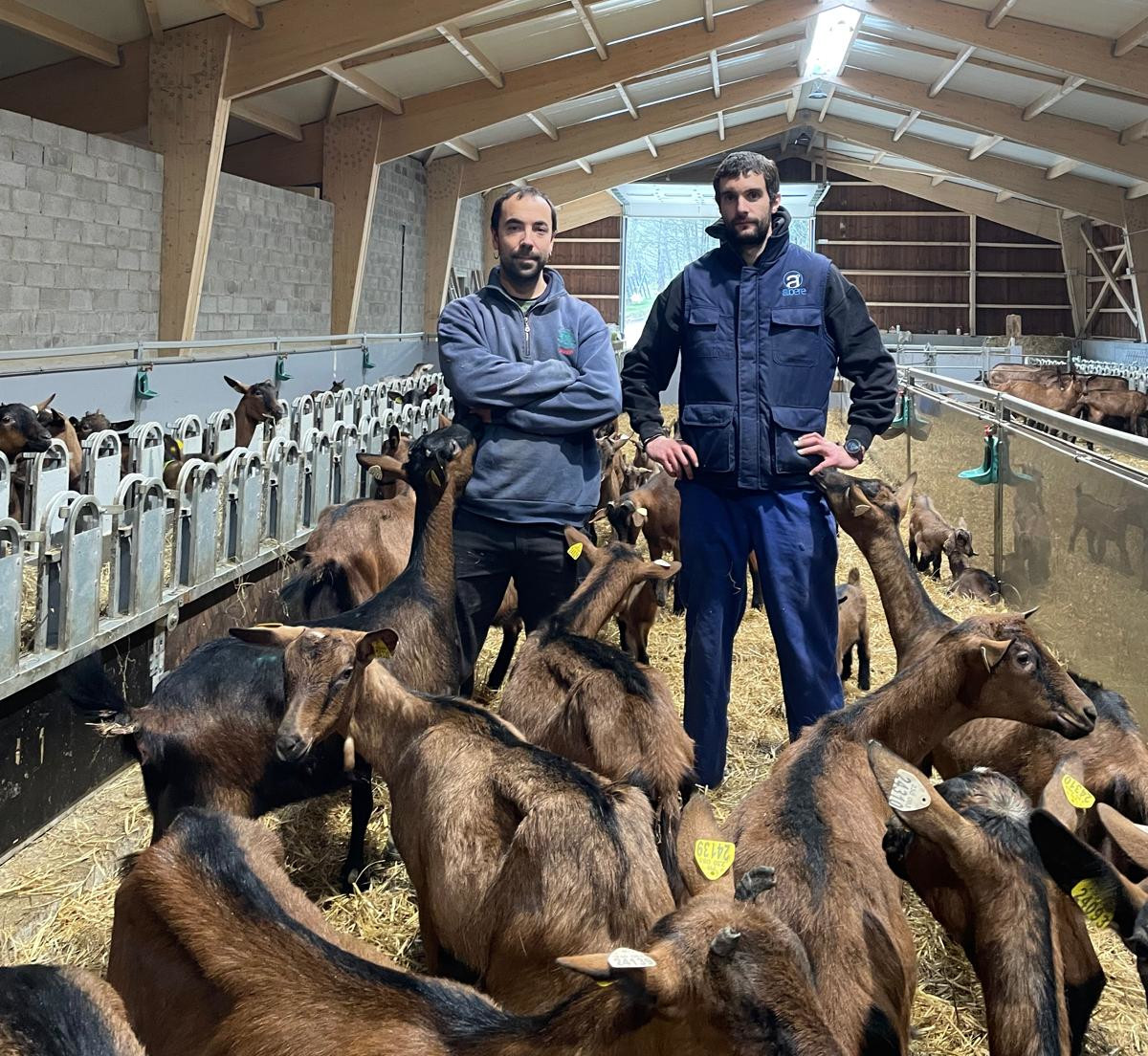Intercultural garden in the Gurutzeta district of Barakaldo
- Agharas is an association created by young Amazigh that has been working for years interculturality in the Barakaldo environment. For about four years, young people living on the street have been dinners three times a week and have a foster apartment in operation for temporary use. “Tending towards these two axes and with the intention of opening new spaces to work interculturality, we intend to start the garden”.

The Cruces district of Barakaldo works on a plot of about 3,000 square meters. “It’s a pretty sloping ground and we’ve been creating terraces, doing everything by hand,” their peers say. Before they began to cultivate the land, they had to do a great job of conditioning, as the whole area was occupied by brawls. Last summer, on a small plot already prepared, there was a small production of vegetables. “We keep preparing the land, but we are also putting spring plants,” they say.
The Cruces plot has been rented and has been assisted by the Bizilur association. “Through a project developed by themselves we have received some economic support and also training.” They get training from a nearby farmer. In recent months, several neighborhood works and plantations have been carried out. “We’re going to put mostly apples to take advantage of those places that aren’t right to make the orchard,” they say.
Orchard cultivation techniques
Young people who have migrated from the towns of the Amazon region of southern Morocco, citizens born in Barakaldo, from other countries... Diversity prevails in the garden of Barakaldo, both in origin and age: “In our garden, we often hear four languages at once and we gather people of all ages, from about 18 to about 50.” The Amazighs are rural communities, in many cases migrants lack cultivation. “One of its heaviest reasons for migrating is the development of a hyper-productivist model in the rural environment, where landowners have managed to control water and young people do not have much future in this world,” they say.
In the project they try to combine their knowledge with that of others, respecting and negotiating different techniques and rhythms. We are working on an ecological model, and although they still have little production, the objective for the future is to provide dinners and weight that the association organizes. “We’re talking about a dozen people every day, but in the Auzolans we can meet 20-25 people,” they end.
Duela lau urte abiatu zuten Azpeitian Enkarguk proiektua, Udalaren, Urkome Landa Garapen Elkartearen eta Azpeitiako eta Gipuzkoako merkatari txikien elkarteen artean. “Orain proiektua bigarren fasera eraman dugu, eta Azkoitian sortu dugu antzeko egitasmoa, bere izenarekin:... [+]
Donostiako Amara auzoko Izko ileapaindegi ekologikoak 40 urte bete berri ditu. Familia-enpresa txikia da, eta hasieratik izan zuten sortzaileek ile-apainketan erabiltzen ziren produktuekiko kezka. “Erabiltzaileen azalarentzat oso bortzitzak dira produktu gehienak, baina... [+]
Ubidekoak (Bizkaia) dira Imanol Iturriotz eta Aritz Bengoa gazteak. “Lagunak gara txikitatik, eta beti izan dugu buruan abeltzaintza proiektu bat martxan jartzeko ideia”, azaldu du Iturriotzek. Nekazaritzari lotutako ikasketak izan ez arren, baserri munduarekin eta... [+]
Iruñean bizi ziren Iñaki Zoko Lamarka eta Andoni Arizkuren Eseberri gazteak, baina familiaren herriarekin, Otsagabiarekin, lotura estua zuten biek betidanik. “Lehen, asteburuetan eta udan etortzen ginen eta duela urte batzuk bizitzera etorri ginen”, dio... [+]
Gipuzkoako hamaika txokotatik gerturatutako hamarka lagun elkartu ziren otsailaren 23an Amillubiko lehen auzo(p)lanera. Biolur elkarteak bultzatutako proiektu kolektiboa da Amillubi, agroekologian sakontzeko eta Gipuzkoako etorkizuneko elikadura erronkei heltzeko asmoz Zestoako... [+]
Emakume bakoitzaren errelatotik abiatuta, lurrari eta elikadurari buruzko jakituria kolektibizatu eta sukaldeko iruditegia irauli nahi ditu Ziminttere proiektuak, mahai baten bueltan, sukaldean bertan eta elikagaiak eskutan darabiltzaten bitartean.





















